People often seem surprised when one uses the words ‘organic’ and ‘Egypt’ in the same sentence, yet organic farming in the country is starting to boom, providing access to a healthy, wholesome way of filling our plates.
Fallacy: “There’s no point in eating organic – it doesn’t mean anything!”
It is an unfortunate fact that in today’s world, if you are eating non-organic food, then you are almost certainly ingesting a cocktail of poisonous chemicals and, likely, something that has been genetically modified. Long-term exposure to pesticides through the near-universal treatment of crops, plants, and grain stores is linked to a wide variety of illnesses and disease, from respiratory problems to cancer. Genetically modified seeds are infiltrating agriculture on an alarming scale worldwide, and with their long-term health consequences unknown, we have effectively become human guinea pigs.
Buying organically, however, ensures that these risks are eliminated, as organic farms are subject to stringent regulations, including not only the prohibition of chemical use and genetically modified seeds, but ensuring the soil has undergone a long purification process and the farm is located away from air pollution and other non-organic farms.
What is the situation regarding pesticides, fertilisers, and GMOs in Egypt?
In Egypt, pesticide and fertiliser use, as well as the prevalence of genetically modified seeds and crops, is of extreme concern, and finding out information on their use and regulation, as well as associated laws, is difficult to say the least. What is clear, however, is that government supervision of chemical treatments in agriculture is weak, illegal, toxic substances are used in large quantities, and it is extremely likely that GMOs are already in circulation. This, alongside the lack of transparency, suggests that it is time to rethink what we are putting on our plates.
The evidence
When it comes to pesticides and fertilisers, various scandals have occurred over the years concerning the use of toxic substances in agriculture, and now, while there is one body accountable for assessing, evaluating, and registering agricultural pesticides up to the point of retail sale – the Agricultural pesticide Committee -, government supervision of the pesticides market is weak and apparently ineffective in curbing the use of illegal substances.
As such, ordinary produce in the country can still be especially dangerous to consume. Egypt Independent reported in 2012 that illegal counterfeit pesticides and fertilisers containing toxic substances were threatening the country’s agriculture. It quoted Reda Massif, a farmer from Monufiya Governorate, as saying that “the government has no control or supervision on the import or distribution of pesticides and fertilizers. We are obliged to deal with small pesticide and fertilizer outlets because the Agriculture Ministry doesn’t help us by any means.” All potassium fertilisers, she said, were fake, and toxic products were dressed in the names of famous companies in order to deceive naive farmers.

Even when illegal substances are not being used, there seems to be a problem with adhering to internationally recognised limits on residual pesticides – most recently, at the end of 2017, Saudi Arabia banned imports of Egyptian guavas on account of these limits being exceeded, having previously banned its peppers and strawberries as well. The USDA Foreign Agricultural Service’s Egypt report, however, gives some suggestion of hope for the future, highlighting the Egyptian parliament’s approval of a law establishing the National Food Safety Authority in 2017 which aims to “unify the Egyptian food safety system through both structural and legislative reforms.”
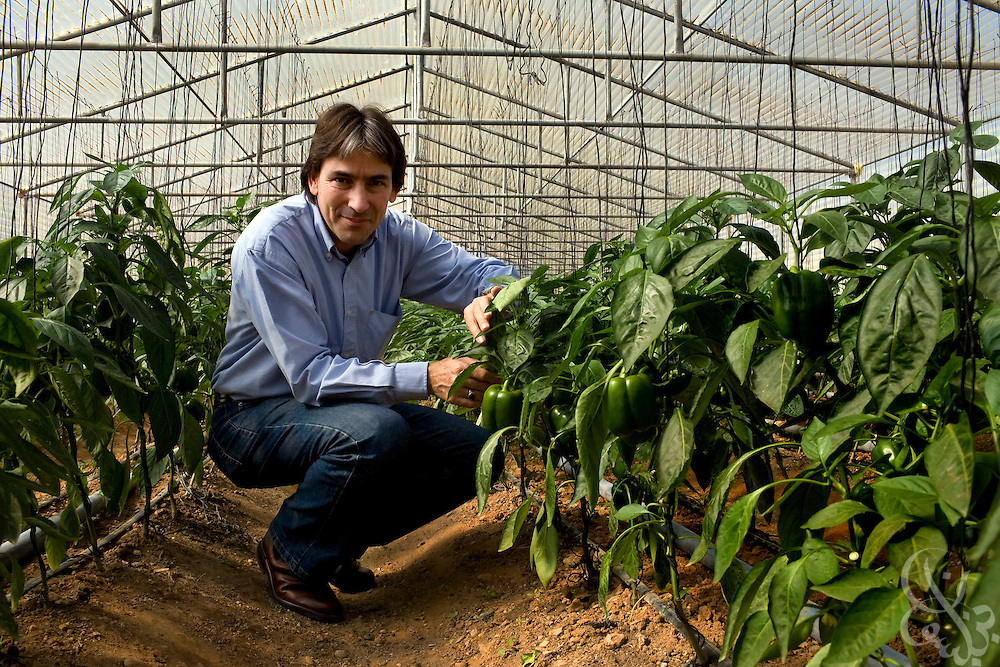
The status of GMOs in Egypt is even more confusing, yet they are at the forefront of debate concerning addressing the issues of food insecurity in Africa amidst rapidly growing populations and climate change. According to an article published in the journal GM Crops in 2010, genetic engineering programs started in Egypt in the 1990s, and at the time of publishing, “Egypt [was] on the edge of of commercialising a number of economically important GM crops,” but “none of them [had] reached the market.” The article provides extensive detail, however, of genetic engineering projects and field trials, while outlining the procedures governing the commercialisations of GMO crops enshrined in Ministerial No. 1648, issued in 1998.
Reuters published an article in 2009 stating that any agricultural imports to Egypt must have a certificate from the country of origin stating that the product is not genetically modified, and that this rule would also apply to Egyptian exports. Indeed, in 2012, the Ministry of Agriculture stated that no genetically modified crops would be planted in Egypt, yet a few years later the International Service for the Acquisition of Agri-Biotech Applications’ annual Global Status of Commercialized Biotech/GM Crops report found that Egypt had planted 1,000 hectares of genetically modified maize in 2012. The Ministry, however, said that the only licensed shipment of a GM crop to enter Egypt in 2012 was a 40 ton shipment of MON 810 of GM maize, apparently to be withheld. This was the subject of a Greenpeace report, who revealed in 2013 that Egypt is actually Africa’s third largest country to commercialise a GMO crop.
In 2017, the results of an experiment conducted by government researchers at the National Research Centre, which is affiliated with the Ministry of Higher Education and Scientific Research, were published in the journal Gesunde Pflanzen. The report details how researchers developed a compound – which won a patent – and genetically engineered wheat seeds, which, if used together, could increase wheat yield by 68 percent. Various news outlets reporting on the issue, however, including Al-Fanar Media, explained how the findings could not be put into use because it was illegal to manufacture genetically modified products in Egypt.
Rasha Ali, a researcher at the National Research Centre, stated that “to date, there is no legislative law that organizes and regulates the production, circulation and use of genetically modified organisms or the control of genetic engineering research.” A law was drafted and proposed in 2016, but as of 2017, it was yet to be debated in parliament.
Still, however, confusion abounds, as in a recent article concerning GMOs worldwide, dated 1st May 2018, which states that only four African nations have permitted GMO use in commercial agricultural production. Yet, it states that Egypt only permits GMO cotton, and no GMO food.
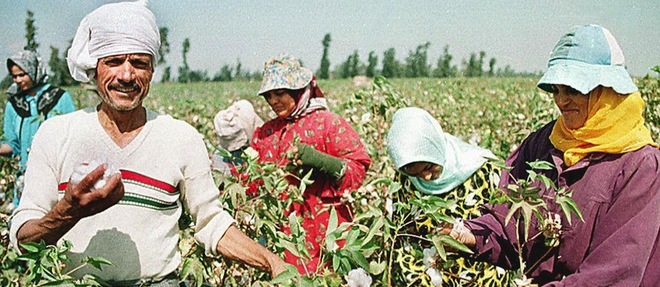
Egypt’s organic movement
However, as the organic movement began to grow in Egypt, so too did problems with regulation. Because Egypt lacked any standards for organic farming, some producers falsely claimed that their products were organic, thereby justifying higher prices. This has led many Egyptians to become alienated from the concept of organic farming altogether.
Indeed, until recently, there has been very weak demand for organic products in the country, likely owing to the more expensive price tags which the majority of Egyptian incomes are unable to support, in addition to a lack of awareness concerning the extent of contamination of regular produce. As such, most organic Egyptian produce has been destined for export.
However, Cairo’s health-conscious buyers are growing fast, and as a result the organic market is starting to blossom. A variety of organic farms, the most famous of which include Sara’s Organic Farm, Makar Farms, Isis Organic, Sekem, and Tabi3y, now have their produce on sale in the likes of Sunny, Alpha Market, Seoudi, and Gourmet supermarkets. Farmers markets are cropping up across Cairo, and quirky eateries are popping up at an exciting rate. There are even organic home delivery services.
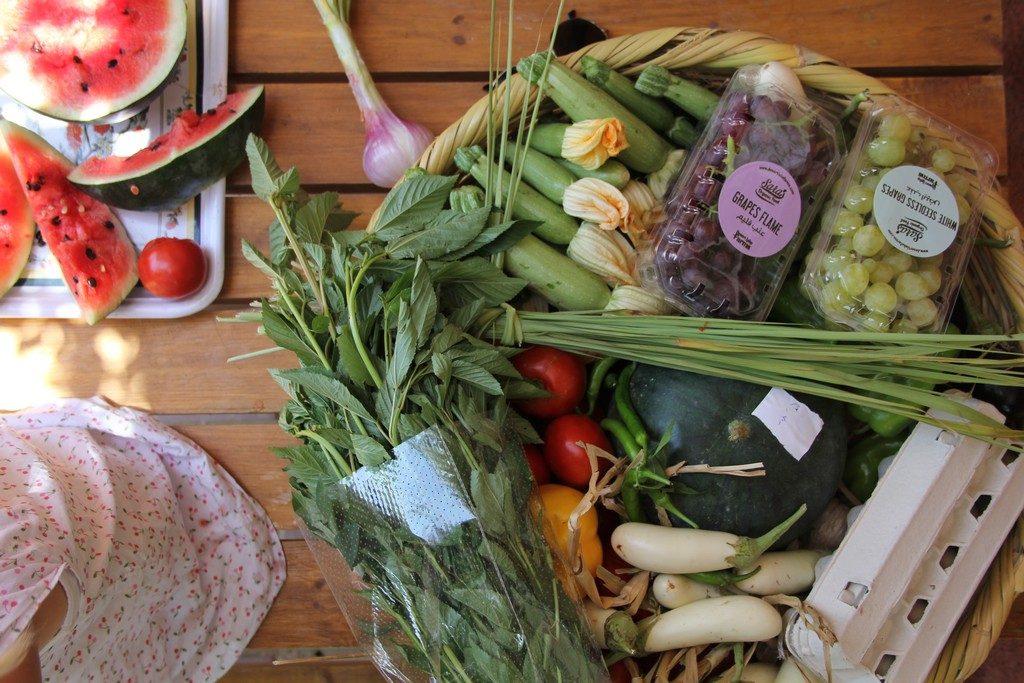
There is also no need to worry about false advertising, for many of these farms hold internationally recognised foreign organic certifications, and all provide complete transparency of the entire production process, from planting to packing. In addition, the government approved in 2017 the first organic farming bill, which will apply to all organic farmers and thereby eliminate false claims. The law, Agriculture Minister, Essam Fayed, stated, will enhance Egypt’s current organic produce, and double its exports. In introducing incentives for organic farming and allocating land for its expansion.
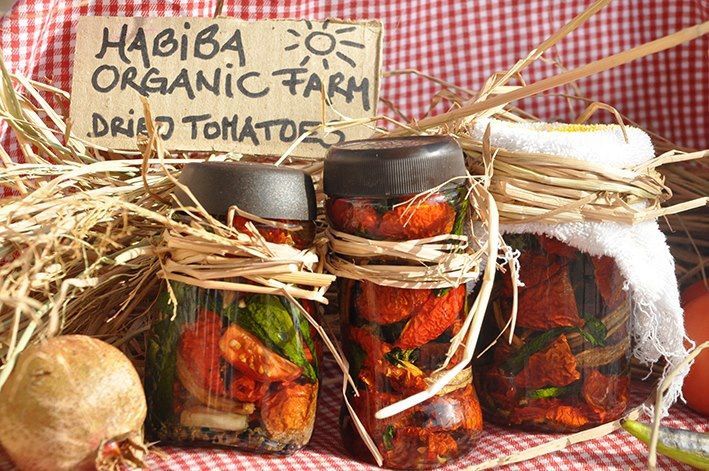
What we consume provides the foundation of every cell in our bodies, and those cells are continuously being renewed – we are literally what we eat. If we fill ourselves full of toxins we can cause untold damage, and there is an easy way to avoid this – by eating organically. And Egypt now provides a way to do just that.
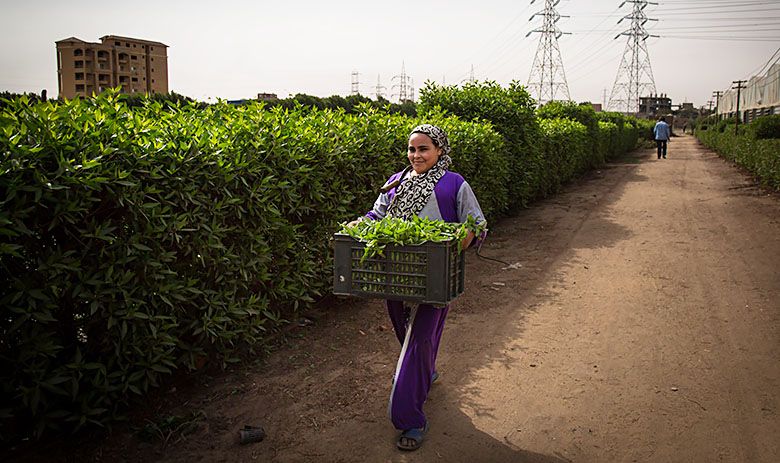





Comments (0)